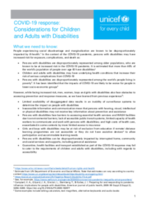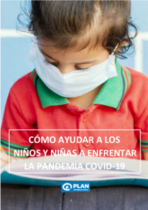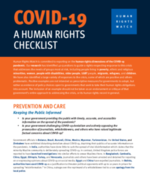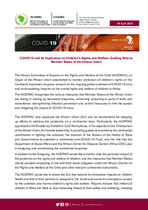Balkans Migration and Displacement Hub Data and Trend Analysis: Regional overview (October-December 2019)
This report describes key trends in migrations in the Balkans region, detailing information about the number of people on the move, demography (age, sex, country of origin, etc), behavioral patterns, and routes in use - with a focus on children, particularly unaccompanied children.






